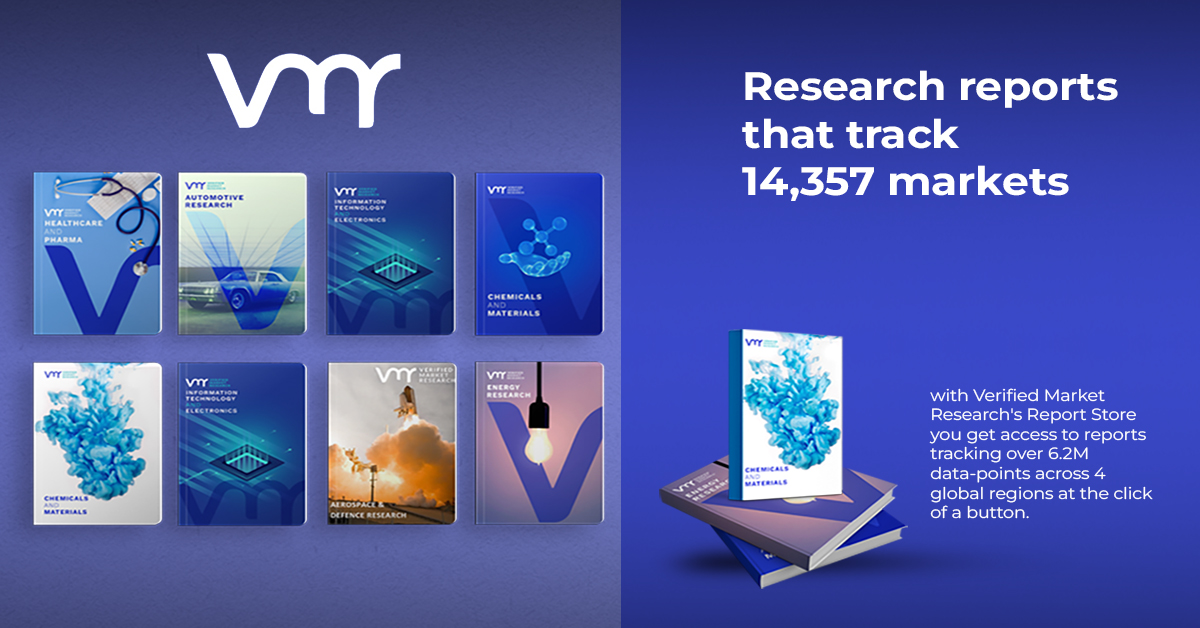The Evolving Market for Bovine-Based Collagen in Biomedical Applications: Key Developments and Future Outlook
The bovine-based collagen for biomedical applications market is undergoing significant transformation, driven by technological advancements, expanding applications, and growing demand in medical fields. This article delves into the latest developments, key trends, market drivers, and challenges shaping this sector in 2024 and beyond.
What is Bovine-Based Collagen?
Bovine-based collagen is a protein derived from cow tissues, primarily skin, bones, and cartilage. It is widely used in biomedical applications such as wound healing, bone graft substitutes, tissue scaffolding, and cartilage repair due to its biocompatibility, biodegradability, and ability to promote cellular regeneration.
Key Market Highlights
- Market Growth and Projections
- The global market for bovine-based collagen was valued at approximately USD 1.2 billion in 2024 and is projected to grow at a compound annual growth rate (CAGR) of 9.38%, reaching USD 1.9 billion by 2029.
- Asia-Pacific is experiencing the fastest growth, with North America holding the largest market share at 42% due to its advanced healthcare infrastructure and high R&D investments【7】【9】.
- Top Applications
- Wound Healing: Bovine collagen is widely used in wound dressings for its ability to maintain a moist healing environment and promote tissue repair. This segment holds a 28.4% market share【8】.
- Bone Grafts and Scaffolds: Collagen-based scaffolds are gaining traction in regenerative medicine, particularly for orthopedic and dental procedures.
- Soft Tissue Repair: Innovations such as Geistlich Pharma’s Bio-Gide membranes are expanding collagen’s use in periodontal and tendon repair【7】.
- Technological Innovations
- 3D Bioprinting: Advances in bioink formulations have enabled the creation of complex tissue structures, enhancing personalized medical solutions【8】.
- Nanotechnology Integration: Collagen nanofibers are being employed in slow-release drug delivery systems, improving therapeutic outcomes【7】.
Market Trends
- Personalized Medicine
- The shift toward customized treatments has led to the development of patient-specific collagen products, such as tailored skin grafts and cartilage repair solutions【7】.
- Higher Purity and Concentration
- Vendors are focusing on high-purity collagen, particularly for wound care and cosmetic procedures, ensuring better integration with human tissues【8】.
- Sustainability and Ethical Sourcing
- With rising consumer awareness, companies are exploring sustainable extraction methods to address ethical concerns, including the use of cultured collagen【9】.
Driving Factors
- Aging Population and Chronic Diseases
- Increasing incidences of diabetes and cardiovascular diseases fuel demand for advanced wound care products【7】.
- The aging demographic in regions like North America and Europe drives demand for collagen in orthopedic and dental applications【9】.
- Supportive Regulatory Frameworks
- Regulatory approvals, such as FDA guidelines in the U.S., are streamlining the introduction of collagen-based medical products【7】.
- Growing Awareness of Regenerative Medicine
- Increased awareness of collagen’s role in tissue engineering and regenerative therapies is boosting its adoption globally【8】【9】.
Challenges and Restraints
- Ethical and Religious Concerns
- Bovine-derived products face resistance in regions where dietary restrictions or ethical issues prevail【7】.
- Risk of Disease Transmission
- Despite advanced processing, concerns about diseases like bovine spongiform encephalopathy (BSE) persist【7】.
- High Production Costs
- The extraction and purification of collagen are expensive, limiting its accessibility in cost-sensitive markets【7】.
Competitive Landscape
Prominent players in the market include Darling Ingredients Inc., Medtronic, Collagen Solutions Ltd., and Geistlich Pharma. Companies are investing in R&D, partnerships, and technology to strengthen their market position. The introduction of bioengineered and cultured collagen products is also creating new opportunities【7】【9】.
Future Prospects
- Expanding Applications
- As technology evolves, the use of bovine collagen in drug delivery, organ printing, and advanced wound care is expected to grow.
- Global Market Dynamics
- Emerging markets in Asia-Pacific, particularly China and India, are poised to drive significant growth due to increasing healthcare investments and awareness【9】.
- Sustainable Practices
- The adoption of synthetic and alternative collagen sources may complement bovine-derived products, addressing ethical and ecological concerns【9】.
Conclusion
The bovine-based collagen market for biomedical applications represents a critical intersection of biotechnology and healthcare. With advancements in technology, expanding applications, and growing market demand, this sector is set for robust growth. However, addressing ethical concerns and cost barriers will be essential for sustained success.
For stakeholders, including manufacturers, healthcare providers, and researchers, the focus must remain on innovation, sustainability, and regulatory compliance to unlock the full potential of this transformative material.









